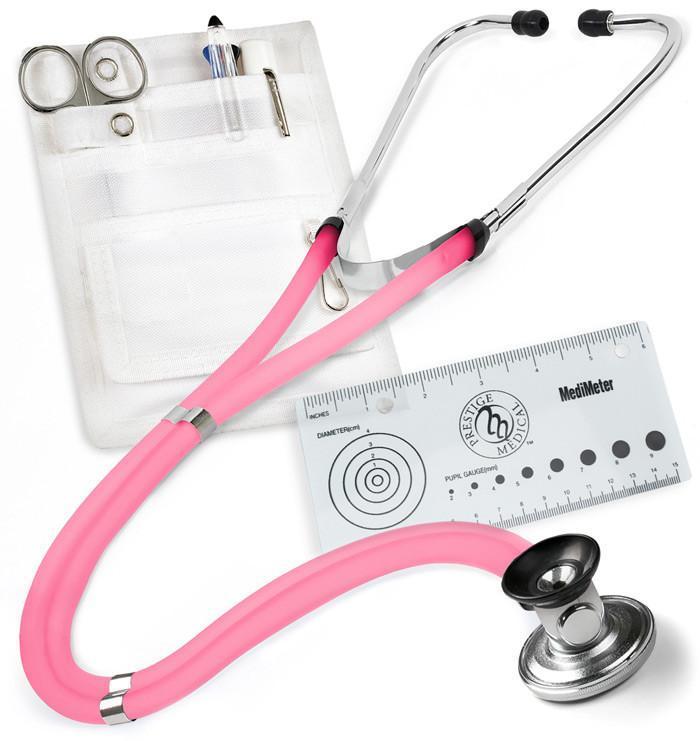It's becoming increasingly popular for people to choose to care for their loved ones in the comfort of their own homes rather than keeping them in the hospital or sending them to a nursing home. That being said, it's a big responsibility and commitment. Whether you're caring for someone with progressing Alzheimer's or someone who is recovering from a surgery, you're going to have to adapt to the role. Most importantly, you're going to need quality nursing and medical supplies and a good environment to help you do the job.
Most importantly, begin by setting up the home to accommodate the situation. If a hospital bed will be necessary, clear out a space (or even an entire room) for it and place a bedside table near the bed. Monitors are never a bad idea should the patient need immediate assistance.
Then, you'll need to purchase the supplies. In general, there are a few categories for which supplies should be purchased.
Incontinence Care
Handling incontinence is a necessary aspect of caring for nearly any type of patient who can't care for him or herself. If the patient has a catheter, you may need to purchase incontinence supplies, such as backup tubes, pouches, and adhesives to keep the device sanitary. It's also a good idea to have incontinence briefs, mattress pads, liners, disposable wipes, ointments such as Calmoseptine and even a bedpan on-hand.
Sanitization
It may be stating the obvious, but buying latex gloves in bulk is a good idea. You're going to need more than you probably realize at first. Antibacterial soaps, hand sanitizers, surface wipes, and cleaning supplies should also be kept in bulk, as you'll be cleaning the room and washing your hands more often than normal.
Bath Safety
If bathing the patient requires your assistance, then you're going to need a number of supplies to make the job easier. A bath stool or seat makes the experience more comfortable for everyone. Installing a removable showerhead will prove to be a worthy investment as well. Installing support rails in the shower and a commode over the toilet is a good way to take safety precautions.
Cleaning wipes and specialty body washes and shampoos are also available for patients with specific needs.
Wound Care
Bed sores, pressure sores and ulcers affect many patients who spend a large part of the day seated or bedridden. For that reason, proper wound care products are a must. Find which type of wound dressing is best for your patient's situation and stock up on those. Keep plenty of antibacterial ointments on hand as well. Don't forget lotions for moisturizing chafed areas.
Other
Depending on the situation you may need a wheelchair or walker as well as a bed rail for support. Medicine organizers and schedules help to make the job easier.


